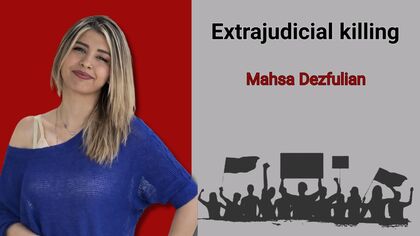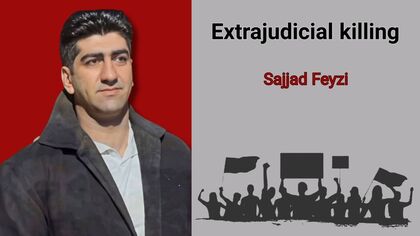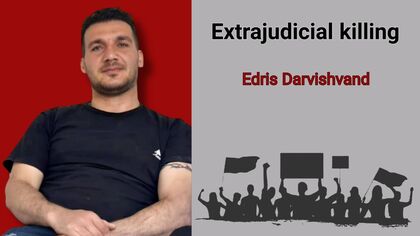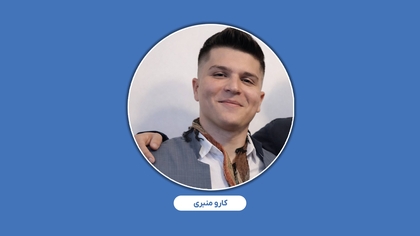Kermanshah: Sunni Cleric Mamousta Ayat Gholami Sentenced to 5 Years Suspended and 6 Months Enforceable Imprisonment by Appeals Court
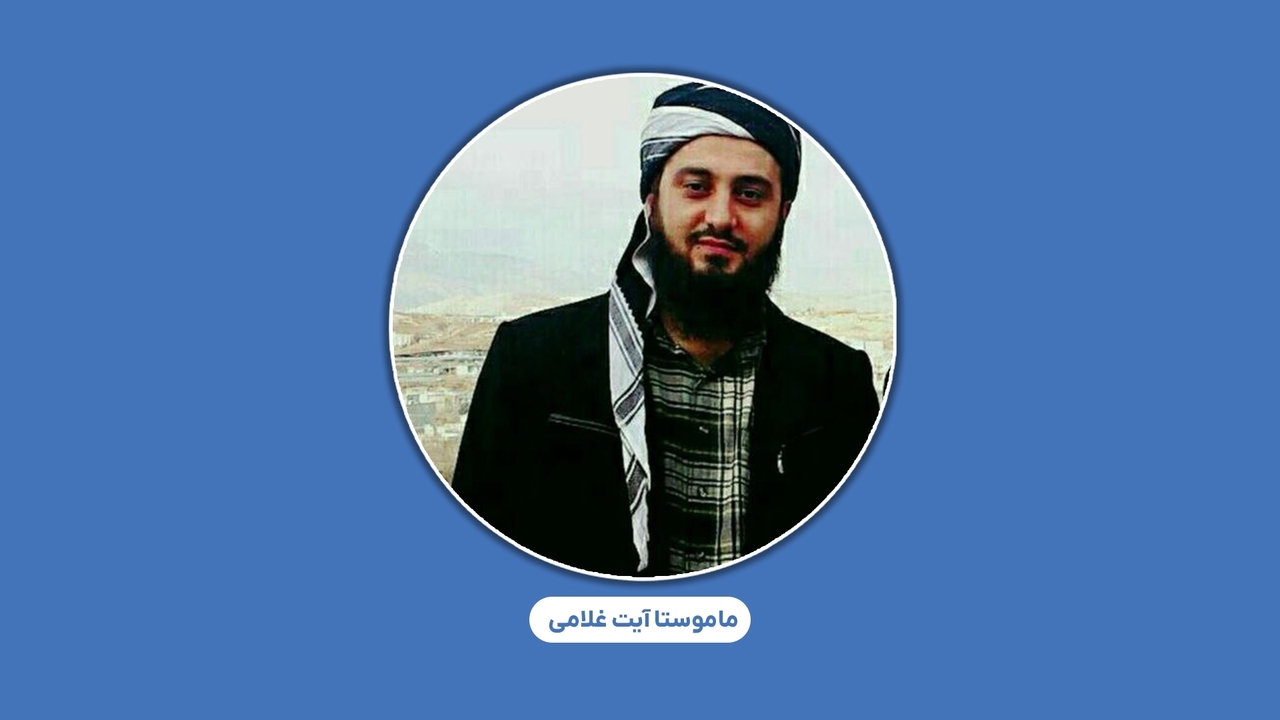
On September 6, 2025, Mamousta Ayat Gholami, a Sunni cleric and former prayer leader of the Mohammad al-Mostafa Mosque in Kermanshah, who also teaches at a religious seminary, was sentenced by the Special Clerical Appeals Court in Hamedan to 5 years of suspended imprisonment and 6 months of enforceable (ta’ziri) imprisonment. The initial ruling by the lower court had sentenced him to 2 years of enforceable imprisonment.
On Saturday, May 24, 2025, Mamousta Ayat Gholami was sentenced by the Special Clerical Court in Hamedan to 2 years of imprisonment on charges of:
Propaganda against the state,
Spreading false information, and
Disturbing public opinion.
According to Iranian law, only the most severe part of the sentence—1 year—would have been enforceable. He had 20 days to appeal the ruling.
Summons and Arrest in May 2025
On Wednesday, April 23, 2025, Mamousta Ayat Gholami was summoned to the Kermanshah branch of the Special Clerical Court and, following his court appearance, was arrested—allegedly for defending Sunni beliefs and supporting imprisoned clerics.
On Saturday, April 26, 2025, he was released on bail of 700 million tomans pending trial. During his detention, he was denied access to legal representation.
On Wednesday, May 21, 2025, after his temporary release, he was summoned again to the Special Clerical Court.
Ban from Leading Prayers and Mosque Activity – July 2024
On Wednesday, July 10, 2024, Mamousta Ayat Gholami was banned from leading prayers and any mosque-related activity at Mohammad al-Mostafa Mosque in Kermanshah following a summons by the security office of the Kermanshah clerical authority.
Background and Previous Summonses
Mamousta Ayat Gholami, a Sunni Kurdish cleric, has been repeatedly summoned by security agencies in the past due to:
His refusal to endorse government-run elections,
Signing a statement condemning the execution of fellow Sunni cleric Mamousta Mohammad Khazrnajad,
Objecting to the arrest and restrictions on other clerics,
Condemning the killing of kolbars (border couriers) and fuel carriers,
Criticizing government officials, and
Conducting religious ceremonies based on Sunni traditions.
In a video message, he stated that he was banned from leading prayers and teaching due to his religious classes and refusal to comply with directives issued by the clerical security authority.
